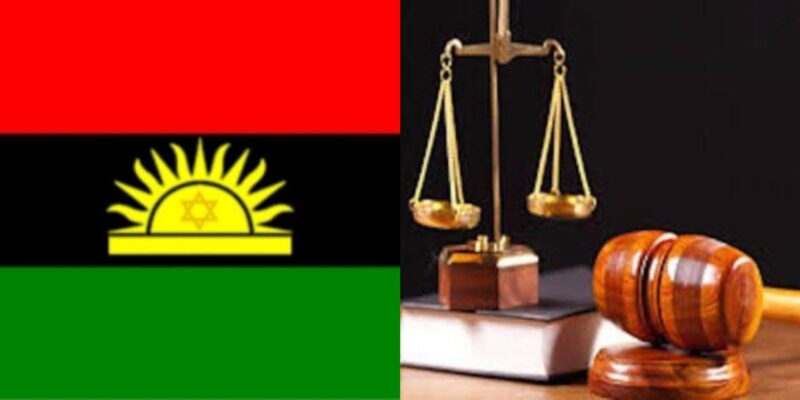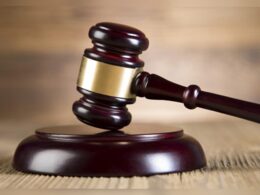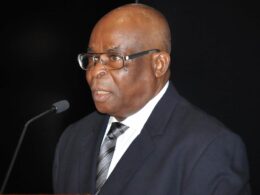IPOB Challenges Terrorist Proscription at Supreme Court, Cites Fair Hearing Violations, Discrimination, and National Security Misinterpretation
The Indigenous People of Biafra (IPOB) has approached the Supreme Court to challenge its designation as a terrorist group by the Federal Government, following the January 30 ruling by the Court of Appeal, Abuja, which upheld its proscription.
In a five-ground notice of appeal filed on February 7 through its lawyer, Aloy Ejimakor, The Indigenous People of Biafra argues that its proscription violated constitutional rights, particularly the right to a fair hearing under Section 36 of the Constitution. The appeal, marked SC/CA/A/214/2018, lists the Attorney General of the Federation (AGF) as the sole respondent.
IPOB’s Argument: Unfair Trial & Constitutional Violations
The Indigenous People of Biafra contends that the Court of Appeal erred in upholding an ex parte order that declared the group a terrorist organization without giving it a chance to defend itself. It also argues that national security concerns should not override its fundamental rights.
According to The Indigenous People of Biafra, the Federal Government’s procedure in banning the group failed to meet the standard of proof required in criminal cases, as terrorism allegations demand evidence beyond reasonable doubt.
The group further claims that its classification as a terrorist organization unfairly discriminates against its members, who are predominantly of Igbo origin, in violation of Section 42 of the Constitution. Additionally, The Indigenous People of Biafra asserts that the Court of Appeal exceeded its jurisdiction by effectively declaring a “state of emergency” a power reserved for the President under Section 305 of the Constitution.
Citing the African Charter on Human and Peoples’ Rights, The Indigenous People of Biafra insists that its push for Biafra falls within the legal framework of international human rights law.
Court of Appeal’s Ruling: National Security Comes First
In a unanimous decision, a three-member panel of the Court of Appeal ruled in favor of the Federal Government, stating that IPOB’s activities posed a threat to Nigeria’s unity and security.
Justice Hamma Barka, who delivered the lead judgment, dismissed IPOB’s appeal as lacking merit. He ruled that the Federal Government lawfully proscribed the group in accordance with Section 2(1) of the Terrorism (Prevention) Act, emphasizing that ex parte proceedings, unless flawed, do not violate the right to a fair hearing.
Citing the Supreme Court’s ruling in Dokubo Asari v. Federal Republic of Nigeria, Justice Barka stated that national security takes precedence over individual rights when the country’s stability is at risk.
“Human rights or individual rights must be suspended until national security is protected. The corporate existence of Nigeria is greater than any citizen’s liberty or rights,”
he ruled.
The judge also pointed out that while IPOB’s founders may have had legitimate objectives, the group had been infiltrated by violent elements, justifying the Federal Government’s decision to proscribe it.
With The Indigenous People of Biafra now taking the case to the Supreme Court of Nigeria, the legal battle over its status as a terrorist organization is set to continue.









Join our Channel...